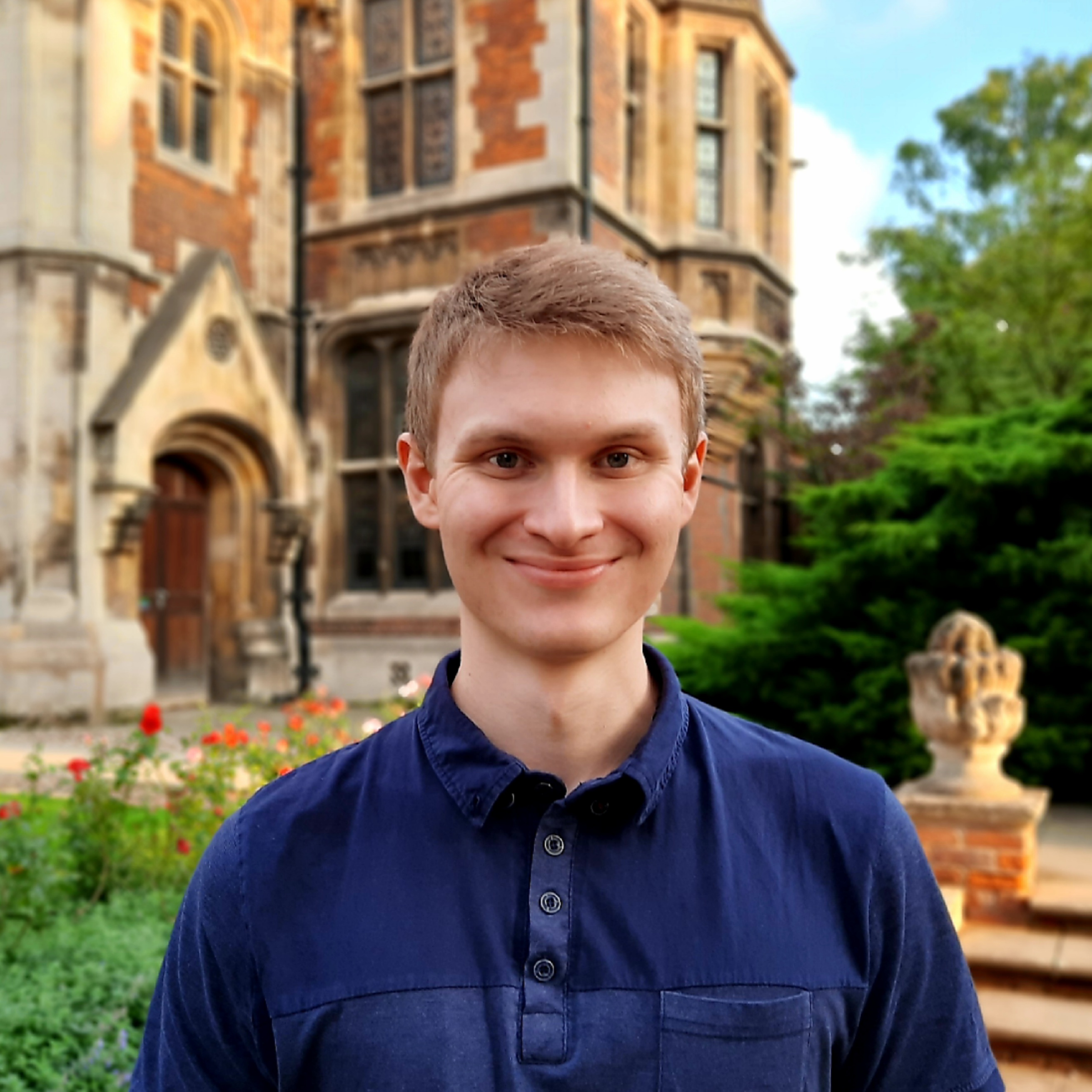About
I am a final year PhD candidate in Machine Learning at the University of Cambridge, supervised by Mihaela van der Schaar. My main research interest is developing flexible and interpretable models for scientific applications, including medicine and pharmacology. Throughout my PhD, I
- designed and implemented novel machine learning architectures,
- developed new problem-specific optimization schemes,
- published and presented my work at top machine learning conferences (NeurIPS, ICLR, AISTATS).
My goal is to ensure that we can leverage our collective knowledge and the data we gather to improve many essential areas of people’s lives, from more accurate diagnoses and tailored treatments in medicine to a better understanding of material properties.
In high-stakes settings, such as healthcare, the full potential of AI is yet to be fulfilled, as currently used models often do not allow for the necessary verification to ensure safety after deployment. Therefore, my research focuses on the development of flexible machine learning models that still allow for human inspection and thorough analysis. They are not black boxes.
Initially, I approached this problem from an equation discovery perspective, in particular by modeling dynamical systems through closed-form differential equations [1, 2, 3]. Although successful in some settings, it became clear that fitting an equation is usually not the end of the story. I explored ways of ensuring that the discovered equations are simple enough to analyze [4]. I developed more general models that often provide more flexibility while being equally (or more) understandable [5]. Finally, I created a framework for understanding time series forecasting models [6] and proposed an alternative way to learn the behavior of a dynamical system - without equations [7].
